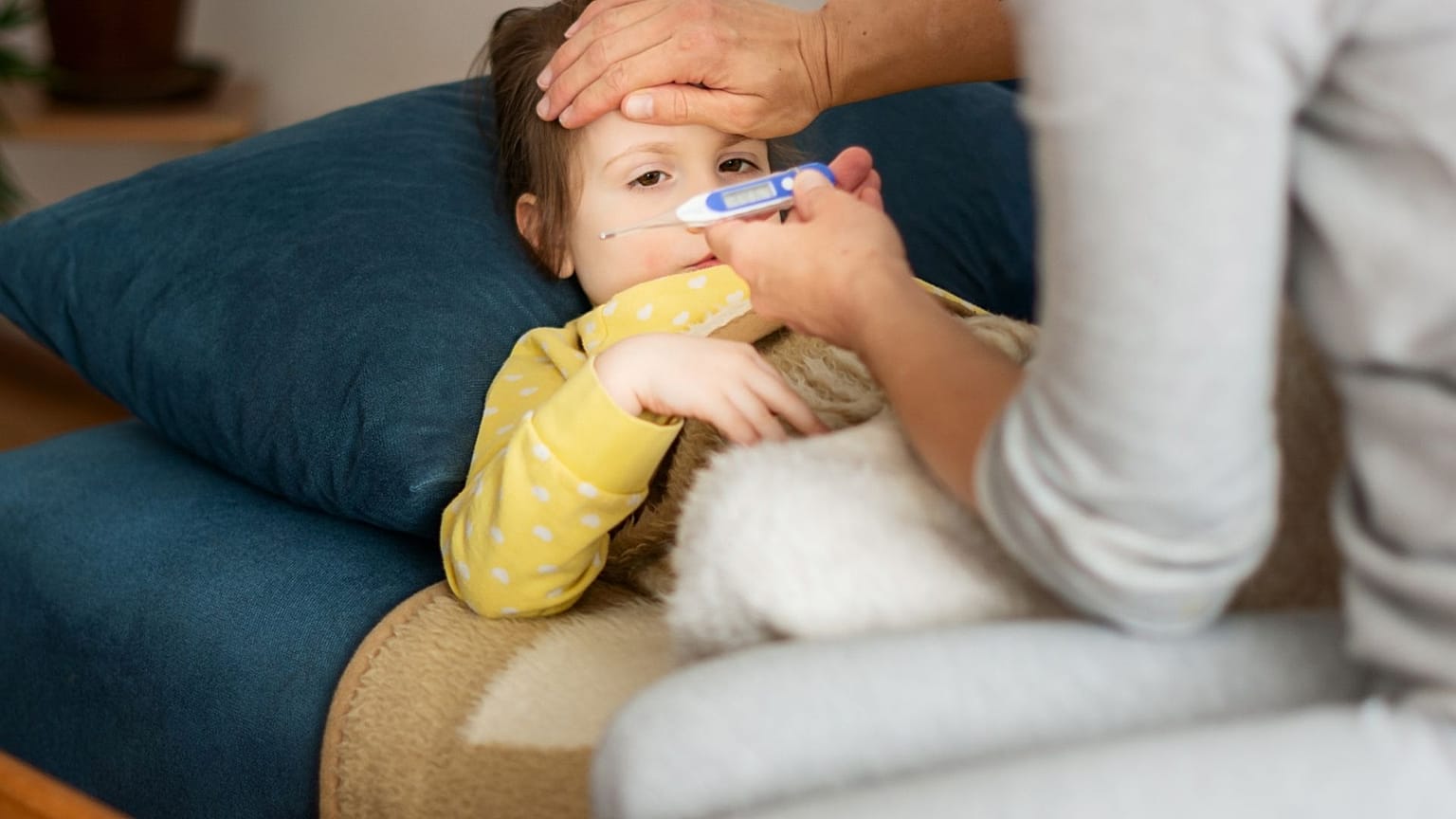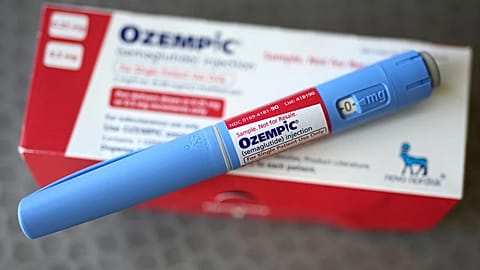Health officials urge at-risk people to get vaccinated against influenza ‘without delay’.
Health officials are bracing for a harsh flu season in Europe as a new viral strain spreads “unusually early” across the bloc.
 ADVERTISEMENT
ADVERTISEMENT
 ADVERTISEMENT
ADVERTISEMENT
Authorities are detecting influenza cases three to four weeks earlier than in the past two years, according to a new report from the European Centre for Disease Prevention and Control (ECDC), which covers the European Union, Iceland, Liechtenstein, and Norway.
A new strain of influenza A, known as H3N2 subclade K, is driving the spread of the virus, the agency said. That’s the same variant cropping up in places like the United Kingdom, where there have also been signs of an earlier, tougher flu season.
While it’s not yet clear how severe the upcoming flu season will be in mainland Europe, the ECDC warned that it could be worse than previous years if there are more infections than usual and vaccine uptake remains low.
“We are seeing influenza detections increasing much earlier than usual this year, and that means time is critical,” Edoardo Colzani, a respiratory virus expert at the ECDC, said in a statement.
“Getting vaccinated now is one of the most effective ways to protect yourself and those around you from serious illness this winter,” he added.
The ECDC recommended vaccination “without delay” for older adults, pregnant women, people with chronic health issues or compromised immune systems, health workers, and those living in long-term care or other group settings.
Flu vaccines are updated every year to try to keep up with the virus, which is constantly evolving. An H3N2 strain was included in this year’s jab because it was one of the main viruses spreading in the Northern Hemisphere last season.
However, subclade K is different enough from that strain that it isn’t yet clear how well the vaccine will work against it.
Even so, health officials said vaccination is an important way to minimise illnesses, protect vulnerable groups, and reduce the burden on hospitals over the winter.
“If you are eligible for vaccination, please don’t wait,” Colzani said.
The ECDC also said that medical clinics and long-term care facilities should take additional steps to prevent and control infections, for example, by asking staff and visitors to wear face masks when the virus is spreading at higher levels.

















